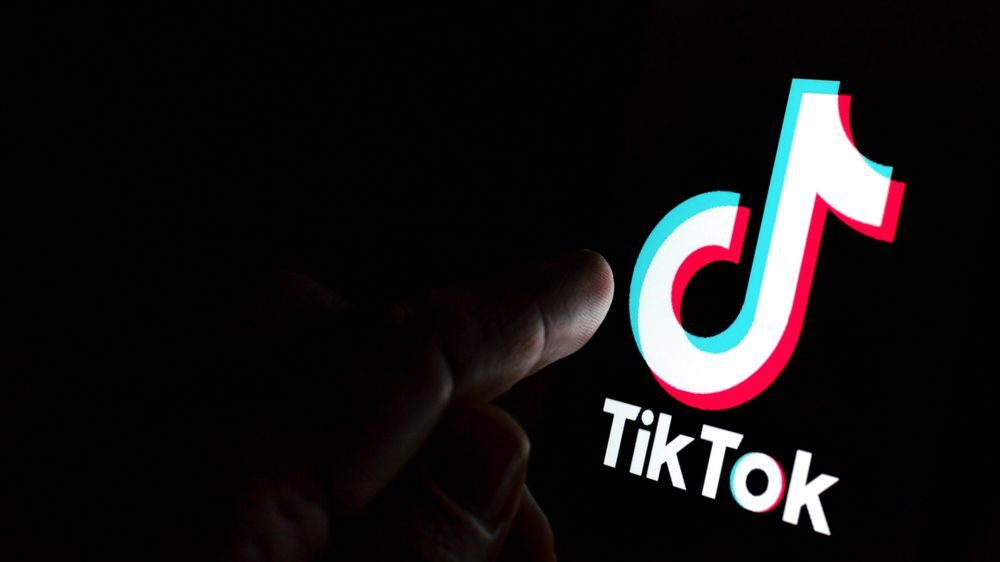No products in the cart.

The executive body of the European Union has banned its staff from using TikTok. Officials said the Chinese social media app poses a risk to cybersecurity, adding that devices with the app installed will from next month be considered “non-compliant.”
European Commission workers must now remove TikTok, on which users share typically 15-second video clips set to music, from their official devices and from their personal devices, should these have any work-related applications installed. Staff members can alternatively delete work-related apps from their personal devices if they would prefer to keep TikTok, according to Politico. The paper quoted an email sent to staff on Thursday morning:
To protect Commission’s data and increase its cybersecurity, the EC Corporate Management Board has decided to suspend the TikTok application on corporate devices and personal devices enrolled in the Commission mobile device service.
The social media app has long been a major focus of criticism across much of the Western world. The U.S. government moved in December to ban TikTok on all devices owned by almost four million federal workers.
More recently, the UK Commons Foreign Affairs Select Committee warned that politicians using the app were putting themselves at risk of Chinese spies and “lunatics” with intent to harm. Energy Secretary Grant Shapps has decided not to lead by example, insisting he will not be “chased off” the platform because “politicians need to be where peoples’ eyes are.” His use of TikTok has been described as “prolific,” this despite Alicia Kearns, chair of the foreign affairs committee, warning that “China is building a tech totalitarian state on the back of our data.”
TikTok, which celebrated reaching one billion users worldwide towards the end of 2021, has also spent recent years attempting to brush off claims it is controlled by the Chinese government. The app is owned by ByteDance and claims its affiliation extends no further than that a “Chinese state-owned enterprise has a 1% stake in a different ByteDance subsidiary called Beijing Douyin [this being the name of the app’s Chinese equivalent] Information Service Limited.” Despite this insistence, a 2019 investigation found that TikTok instructed its moderators to censor content that would embarrass Beijing, including videos mentioning Tiananmen Square or Tibetan independence. The Guardian reported that ByteDance—whether through instruction or desire—is “advancing Chinese foreign policy aims abroad through the app.” TikTok is also under investigation in the UK, and more recently in the EU, over children’s data privacy rights.
Responding to the app’s ban among Commission workers, a TikTok spokesperson said “we are disappointed with this decision, which we believe to be misguided and based on fundamental misconceptions.” They added that “we have contacted the Commission to set the record straight and explain how we protect the data of the 125 million people across the EU who come to TikTok every month.”